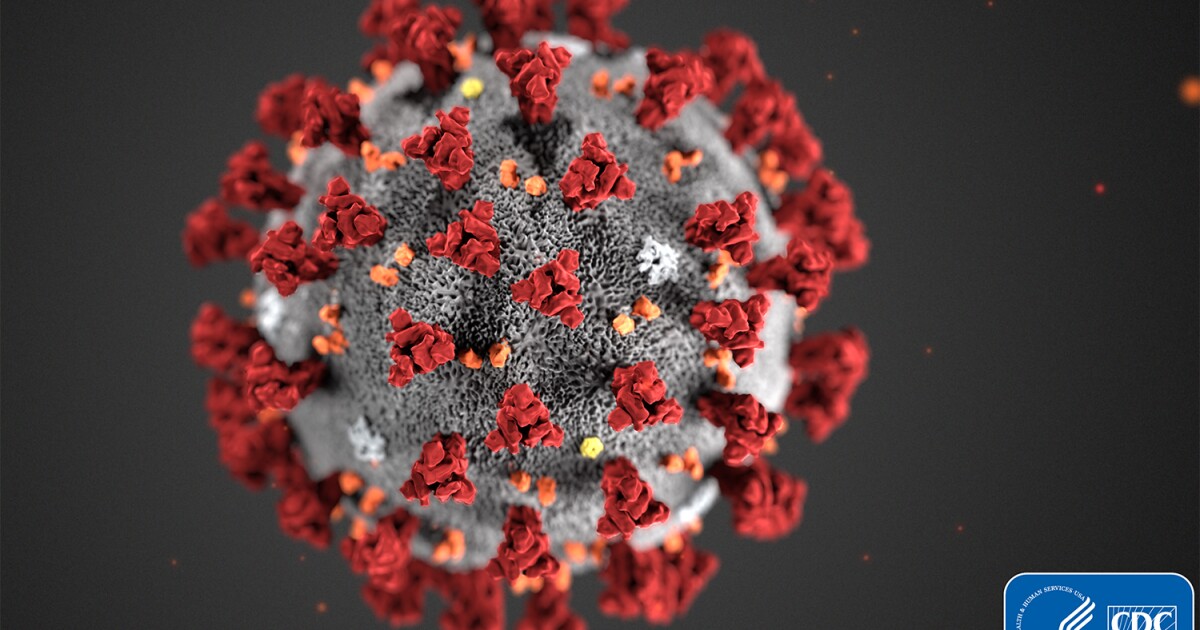Infectious Syphilis Cases Drop in Michigan, But Congenital Syphilis Remains a Concern
In Michigan, the landscape of syphilis infections is changing. While cases of infectious syphilis have seen a significant decrease of nearly 30% since 2021, the troubling trend of congenital syphilis—the transmission of the disease from mother to child during birth—remains unchanged.
According to the Michigan Department of Health and Human Services (MDHHS), instances of congenital syphilis have actually risen by 38% since 2021. The numbers have stabilized somewhat in recent years, with 55 cases reported in 2023, 58 in 2024, and an anticipated 50 to 60 cases in 2025.
Congenital syphilis can result in severe, life-threatening health conditions for newborns if not treated. James Kent, the state’s sexually transmitted infection epidemiologist, highlights various factors contributing to the steady number of cases in infants.
Kent points out that some mothers are not receiving prenatal care, which is crucial since Michigan law mandates syphilis testing at the first prenatal visit. Additionally, adherence to the treatment protocol can be challenging for some, as it involves a course of three Penicillin G injections administered a week apart, followed by subsequent testing.
“Congenital syphilis is preventable,” Kent emphasized. “But it’s a question of detection. The mother has to be tested for syphilis, diagnosed and treated before [the baby’s] birth.”
MDHHS reports a decline in other sexually transmitted infections, such as chlamydia and gonorrhea, since 2021. Despite the progress in reducing infectious syphilis cases, Michigan’s overall syphilis rates are still historically high when compared to a decade ago, with a sharp increase observed nationally and in the state between 2014 and 2021.
The recent reduction in infectious syphilis is attributed to the collaborative efforts of MDHHS and its partners, which include local health departments, community-based organizations, social service agencies, correctional facilities, and pharmacies. Initiatives have focused on rapid syphilis testing, media campaigns, provider outreach and education, and enhanced partner services.
MDHHS has also invested in follow-up care for women of child-bearing age with syphilis and biomedical interventions like doxycycline post-exposure prophylaxis.
—
Read More Michigan News










